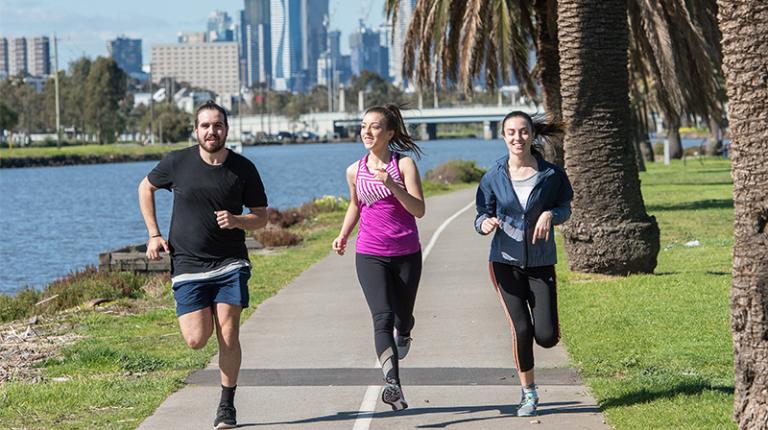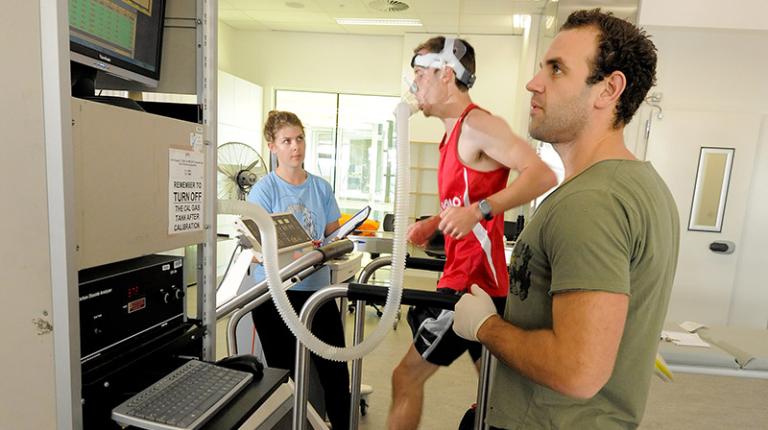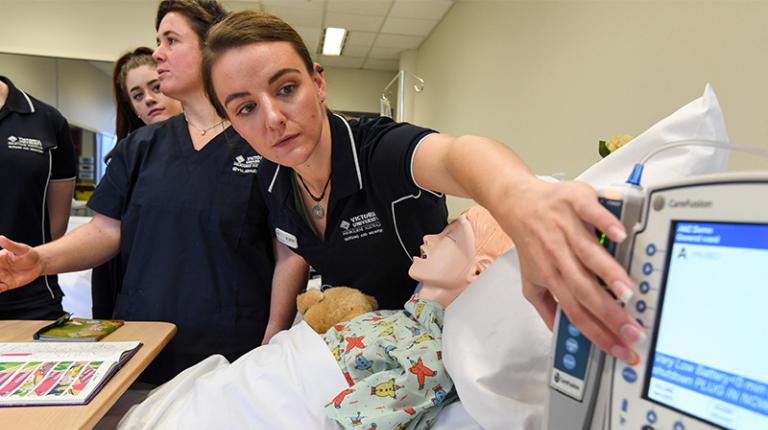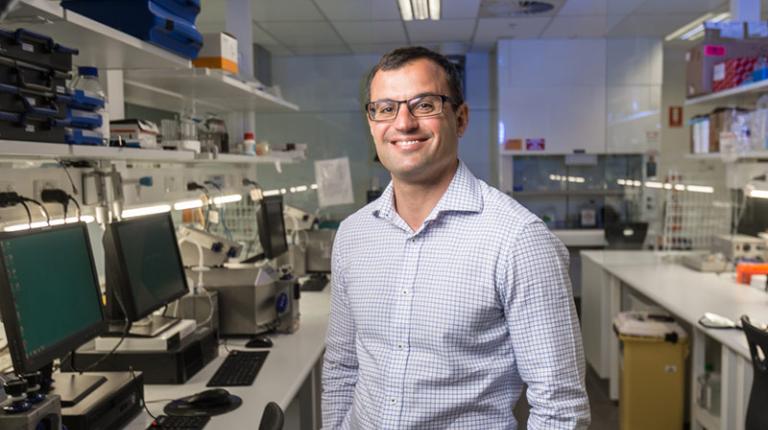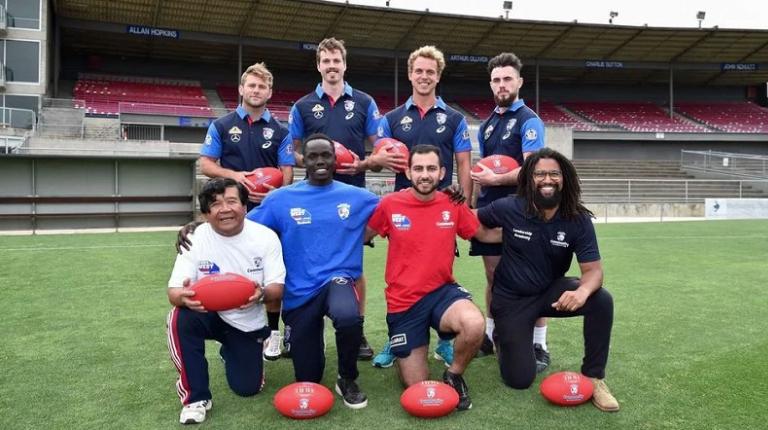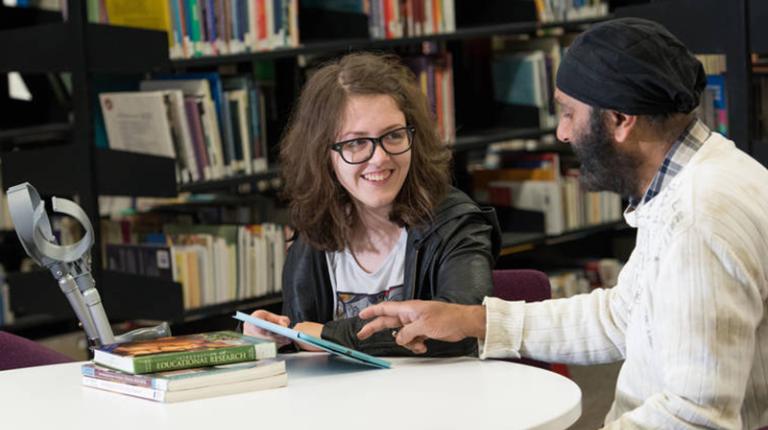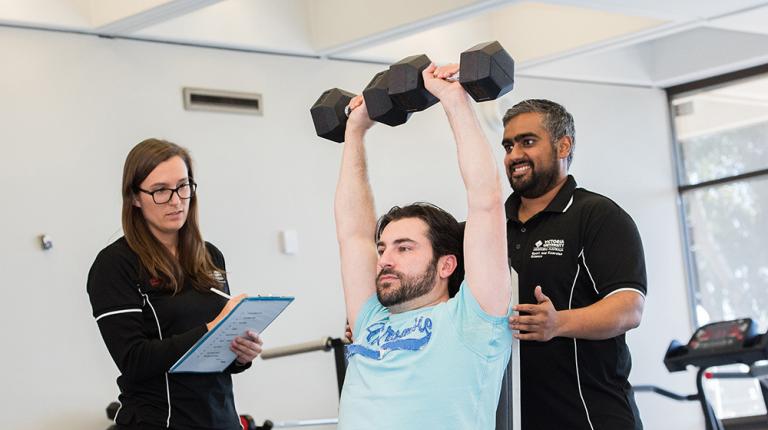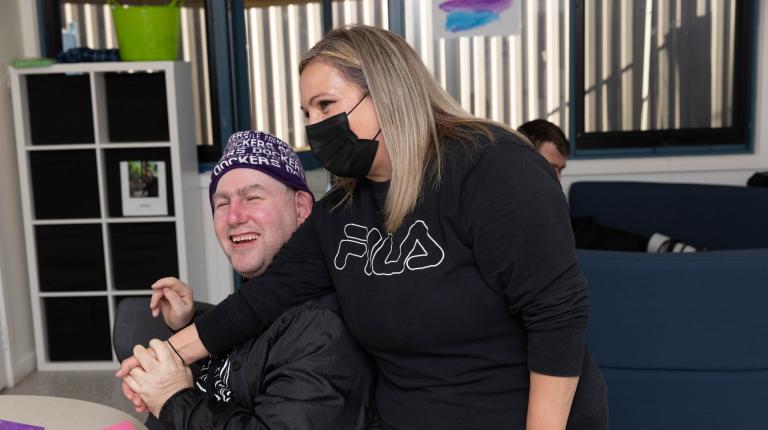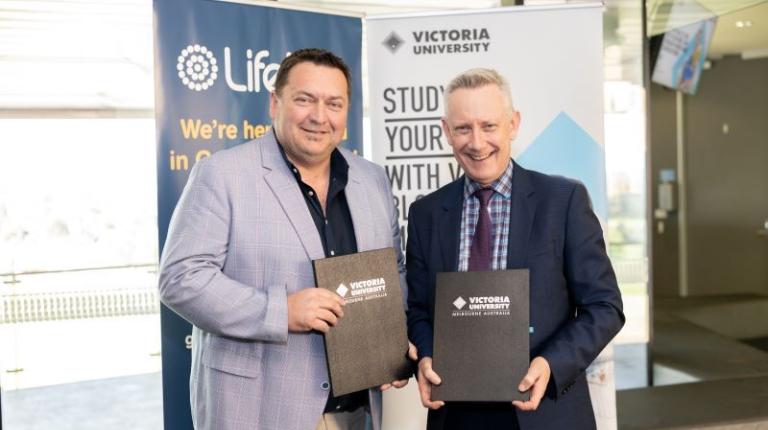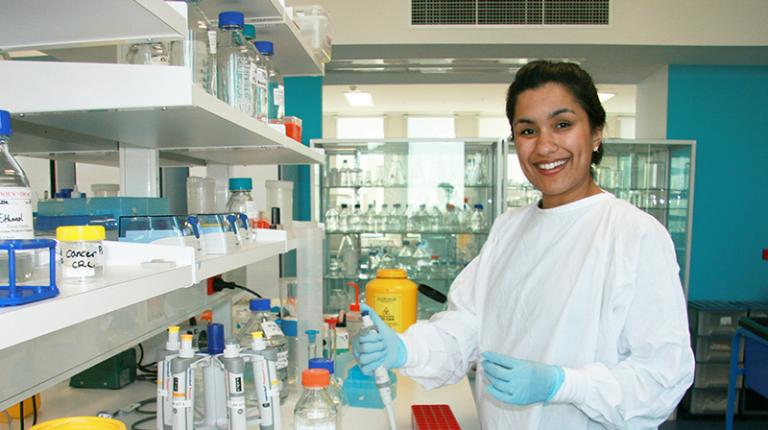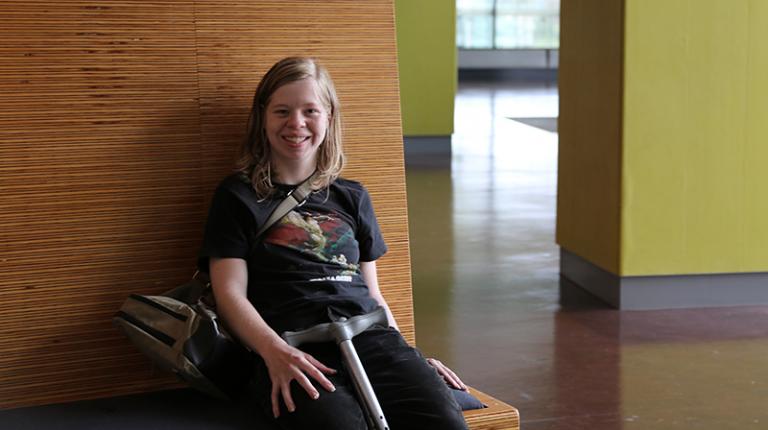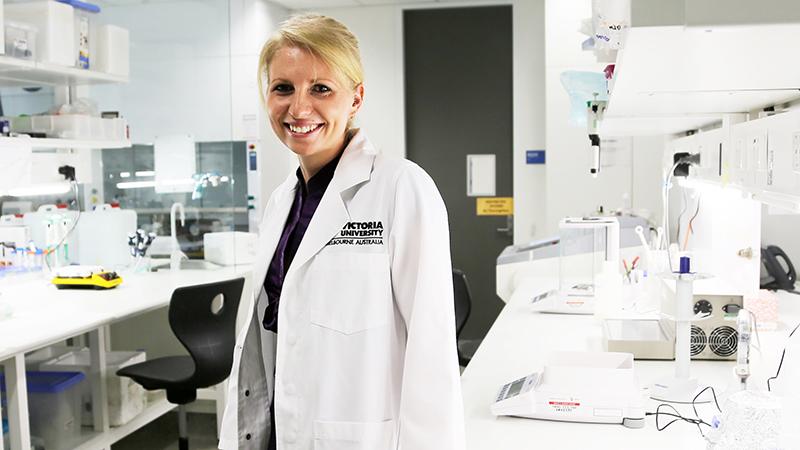A Brief Interventions Toolkit was deployed on the headspace website, accessed by thousands of young people, to provide solutions-focused, skills-based material to help handle life’s challenges, without needing to speak to a clinician. The toolkit of micro-intervention modules for use by young people to deal with personal trials, draws on the research by Professor Alex Parker into physical activity and problem solving by young people with mental health concerns.
Chronic obstructive pulmonary disease (COPD) is the second leading cause of avoidable hospital admissions. Professor Clint Moloney, a leading expert on COPD, was a research lead of the Reducing Avoidable Chronic Obstructive Pulmonary Disease emergency presentations project to examine a potential over-use of emergency services and to address gaps in outreach services in the treatment of COPD. The project was undertaken in collaboration between three non-metropolitan health services in South East Queensland. It has informed referral treatment initiatives’ implementation and evaluation e.g. anxiety management, smoking cessation referral, and quality intra- professional care programs, based on identified causal factors. Professor Moloney published a series of articles on the findings of this project for emergency presentations and treatment of COPD.
The Mitchell Institute conducted the Giving it a Go: Working towards health and wellbeing program, a collaborative and innovative research project designed to help people with chronic musculoskeletal (MSK) conditions who are on the Disability Support Pension. The free online program is designed to help people better manage the condition and build confidence to engage with work, education and the community.
Nilufa Khanom and Shah Jahan Miah address the digital divide in Cloud Motherhood Clinic: A Healthcare Management Solution for Rural Communities , by co-designing with stakeholders a mobile Health (m-Health) solution for service support in a virtual clinic environment.
The Behavioural Risk Tool (BRT), developed by Associate Professor Michelle Ball and her research team, is now being offered as a standard part of the Firelighting Consequence Awareness Program (Fire-CAP) intake process to allow high BRT scores to be rapidly managed and to identify if mental health support is required.
A team of researchers from the health and university sectors and Telethon Kids Institute, co-lead by Associate Professor Jacqueline Williams, have reported on a survey of parents of children across Australia for the Impact for DCD Survey, the largest survey conducted in the world on the impacts of Developmental Coordination Disorder. DCD is a little-known neuro-developmental condition, estimated to affect up to one in twenty children, which often co-occurs with other disorders, masking its effects and delaying diagnosis. Its effect on motor skills and coordination means that children with DCD have trouble with activities like getting dressed, eating, writing, running or playing. The report provides an evidence based guide for improving support for children with DCD and their families.
VU Elevenses was a live discussion for staff and students on weekday mornings to support people’s mental health during the 2020 COVID-19 lockdowns. Directed to lifestyle and health, the sessions aimed to improve the wellbeing of participants. The sessions are available on YouTube for on demand viewing.
Associate Professor Deborah Zion was appointed to the World Health Organization on Ethics, Public Health and Migration.
Professor Ramon Spaaij was invited as a panellist for the United National High Commissioner for Refugees (UNHCR) and International Platform on Sport and Development webinar.



